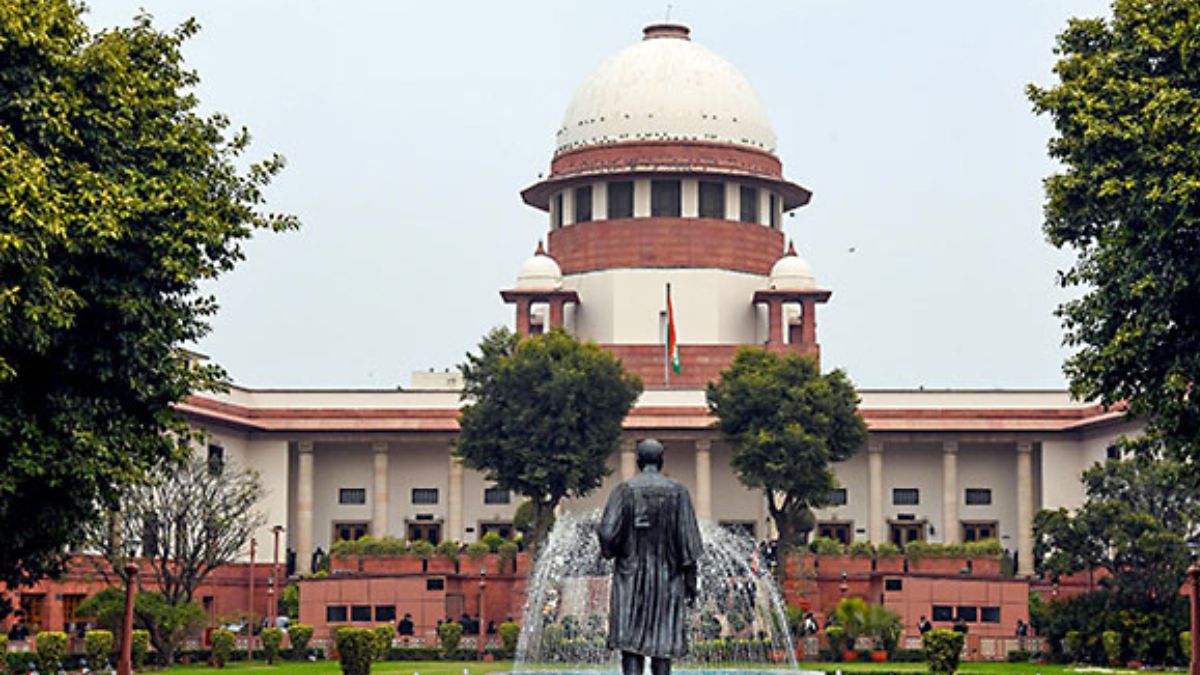The Supreme Court of India has issued notice to respondents regarding a petition filed by the Rashtriya Janata Dal (RJD) challenging a Patna High Court order that struck down a Bihar law increasing reservation quotas from 50% to 65%. This decision comes after the apex court had earlier refused to stay the Patna High Court order. This case involves complex legal issues surrounding reservation, the fundamental right to equality, and the balancing of interests of different social groups.
The Case: Background and Contention
The RJD’s petition stems from the Patna High Court’s decision in June 2023 to invalidate the Bihar Reservation of Vacancies in Posts and Services (Amendment) Act, 2023 and the Bihar (In Admission in Educational Institutions) Reservation (Amendment) Act, 2023. These amendments sought to raise reservation quotas for various social groups, including Scheduled Tribes (STs), Extremely Backward Classes (EBCs), Backward Classes (BCs), and Scheduled Castes (SCs), from 50% to 65%.
The High Court declared these amendments unconstitutional, deeming them to violate the fundamental right to equality enshrined in Articles 14, 15, and 16 of the Indian Constitution. The court argued that the increased reservation exceeded the 50% ceiling mandated by judicial precedent.
The RJD’s appeal before the Supreme Court argues that the High Court erred in setting aside the amended reservation laws. The party maintains that the increase in quotas is justified and does not violate the principle of equality. It contends that the reservation policy is intended to address historical injustices and ensure inclusive participation in society.
The Supreme Court’s Intervention
The Supreme Court’s decision to issue notice is significant. While the court had previously declined to stay the Patna High Court’s order, this notice indicates that the apex court is willing to examine the case on its merits. The court has “tagged” the RJD’s plea with other pending petitions related to this matter, suggesting a comprehensive approach.
Significance of the Supreme Court’s decision
This action by the Supreme Court suggests a deeper examination of the legal arguments and the constitutional implications of the Bihar reservation amendments. The case presents a crucial opportunity for the Supreme Court to reiterate or re-evaluate its previous pronouncements on the limits of reservation and the principle of equality.
Legal Issues at Stake
The Supreme Court’s intervention in this case underscores the critical legal issues at play:
- Limits of Reservation: This case directly addresses the long-standing debate about the maximum permissible limit of reservation in India. The Supreme Court’s decision to hear the case could have implications for future legislation related to reservation in other states.
- Balancing Equality and Affirmative Action: The case delves into the complex interplay between the right to equality under Articles 14, 15, and 16 of the Indian Constitution and the objective of affirmative action aimed at promoting social justice and equal opportunities for historically disadvantaged communities.
- Caste Census and Reservation: This case touches upon the relevance of the caste census in formulating and justifying reservation policies. The government’s use of the caste census data to justify the increased quotas for various groups could be a key argument in the case.
The Role of the Caste Census
The Bihar government’s decision to increase quotas is based on the findings of the caste census, which provides data on the population of different caste groups in the state. This census is intended to create a more accurate understanding of social inequalities and to provide a basis for formulating policies that target specific disadvantaged groups. However, there is ongoing debate about the implications and legitimacy of a caste census.
The Supreme Court may need to assess whether the data from the caste census can be used to justify exceeding the 50% reservation limit. This is a complex issue that involves considerations of privacy, potential misuse of data, and the role of government in collecting and utilizing sensitive demographic information.
Future Implications
The Supreme Court’s decision in this case has the potential to shape the future of reservation policies in India.
- Implications for other states: If the court upholds the High Court order, it could lead to challenges to similar reservation policies in other states. This could significantly affect government initiatives aimed at promoting inclusivity and social justice through affirmative action programs.
- Impact on future legislation: The Supreme Court’s verdict could guide lawmakers on the acceptable extent of reservation. The judgment could set legal precedents for future amendments to reservation laws.
- Reinforcing principles of equality: Regardless of the outcome, this case highlights the fundamental importance of upholding the principle of equality while ensuring that marginalized groups have a fair opportunity to access resources and participate in society.
Take Away Points:
-
The Supreme Court’s decision to issue notice to respondents demonstrates its willingness to hear arguments on both sides of the reservation debate. This case will allow for a rigorous examination of the constitutional and legal issues surrounding quotas and reservation policies in India.
-
This case raises complex issues concerning the balancing of equality and affirmative action. The Supreme Court will need to consider the fundamental right to equality as well as the need to address historical injustices and inequalities faced by disadvantaged communities.
-
The outcome of this case will likely have significant implications for the future of reservation policies in India. The Supreme Court’s judgment could influence the way reservation laws are drafted and implemented in the future. It will likely also affect other initiatives aimed at social and economic empowerment.









